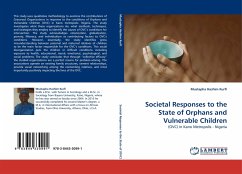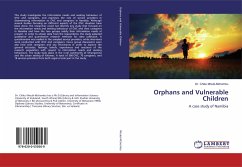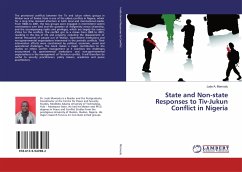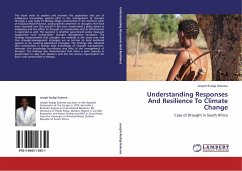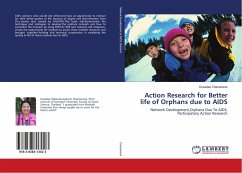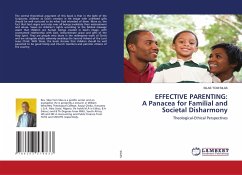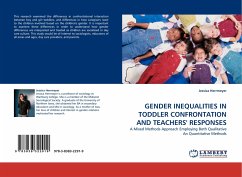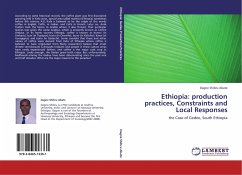This study uses qualitative methodology to examine the contributions of Grassroot Organizations in response to the conditions of Orphans and Vulnerable Children (OVC) in Kano metropolis- Nigeria. The study investigates what these organizations do, what methods, techniques, and strategies they employ to identify the causes of OVC's conditions for intervention. The study acknowledges colonization, globalization, poverty, illiteracy, and individualism as contributing factors to OVC's conditions. However, essentially, the study identifies gross misunderstanding between paternal and maternal relatives of children to be the main factor responsible for the OVC's conditions. This social disorganization puts the children in difficult conditions including exposure to health, educational, moral, emotional, psychological, and social problems. The study concludes that through collective efficacy the studied organizations are a perfect means for problem-solving. The associations operate on existing family structures, cement relationships, provide social networking among the contending relatives, and most importantly positively impacting the lives of the OVC.
Bitte wählen Sie Ihr Anliegen aus.
Rechnungen
Retourenschein anfordern
Bestellstatus
Storno

